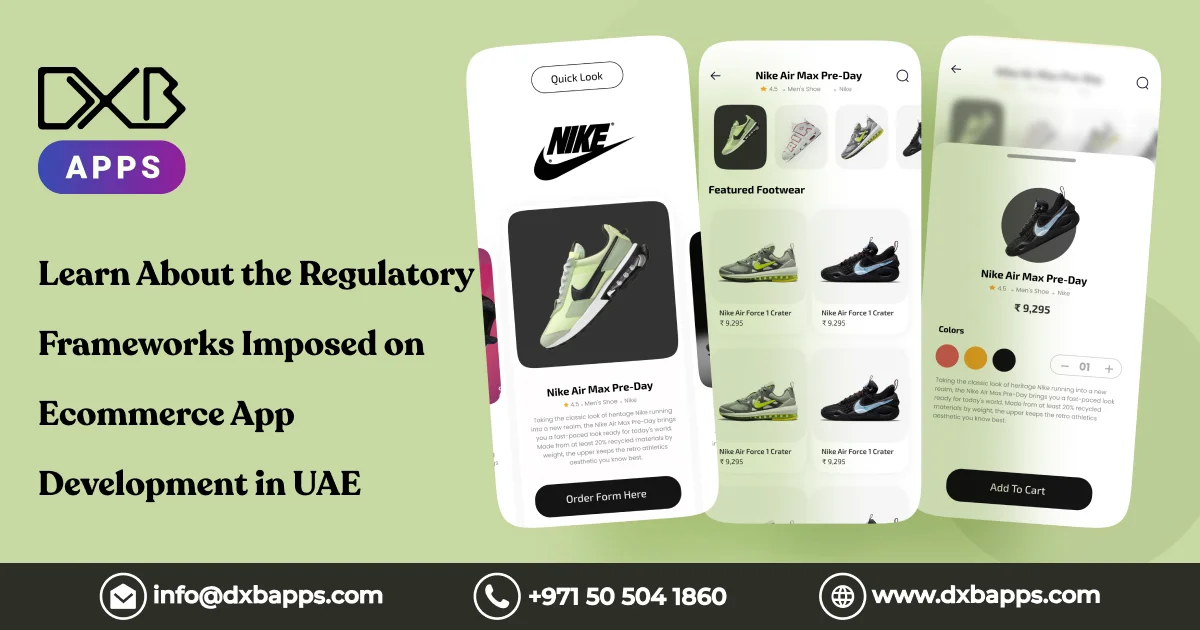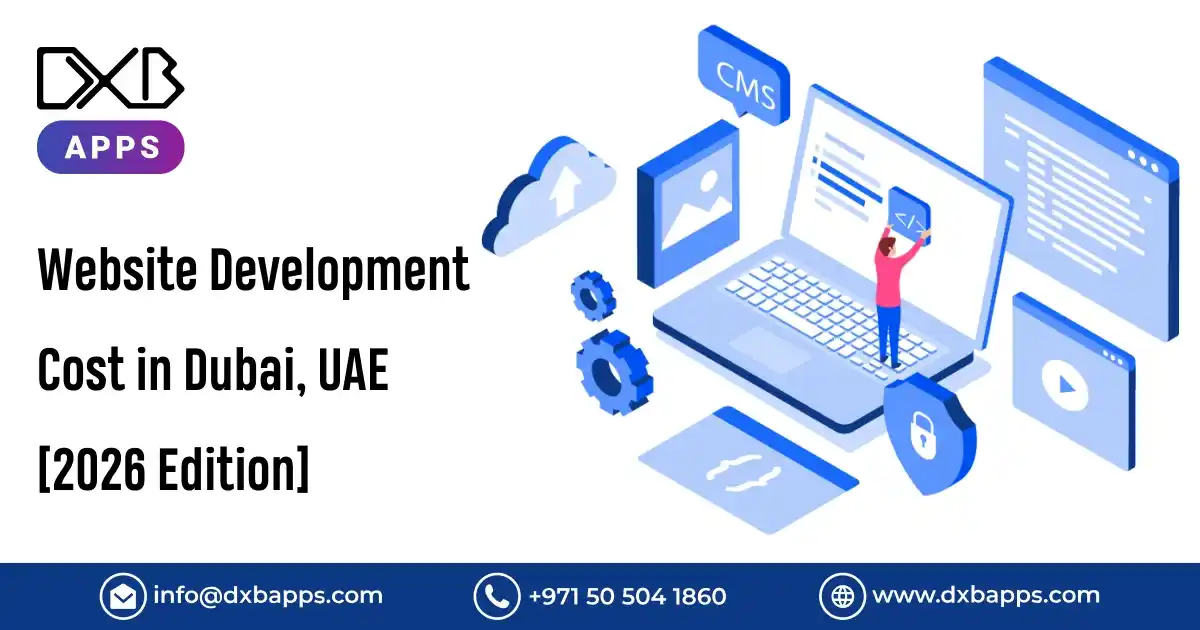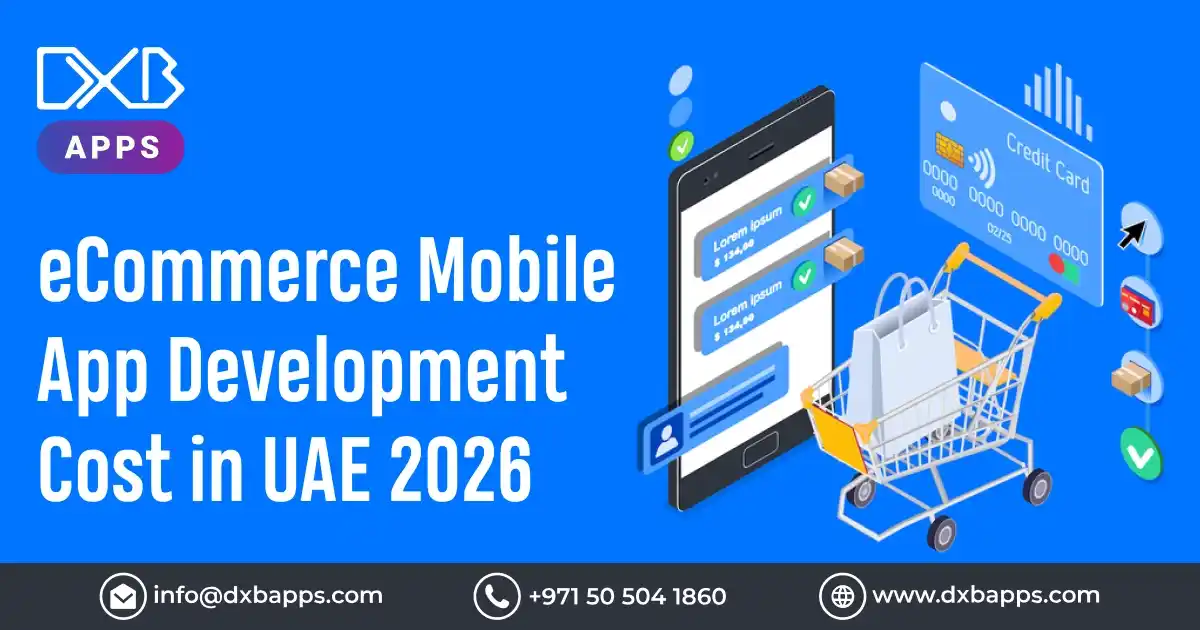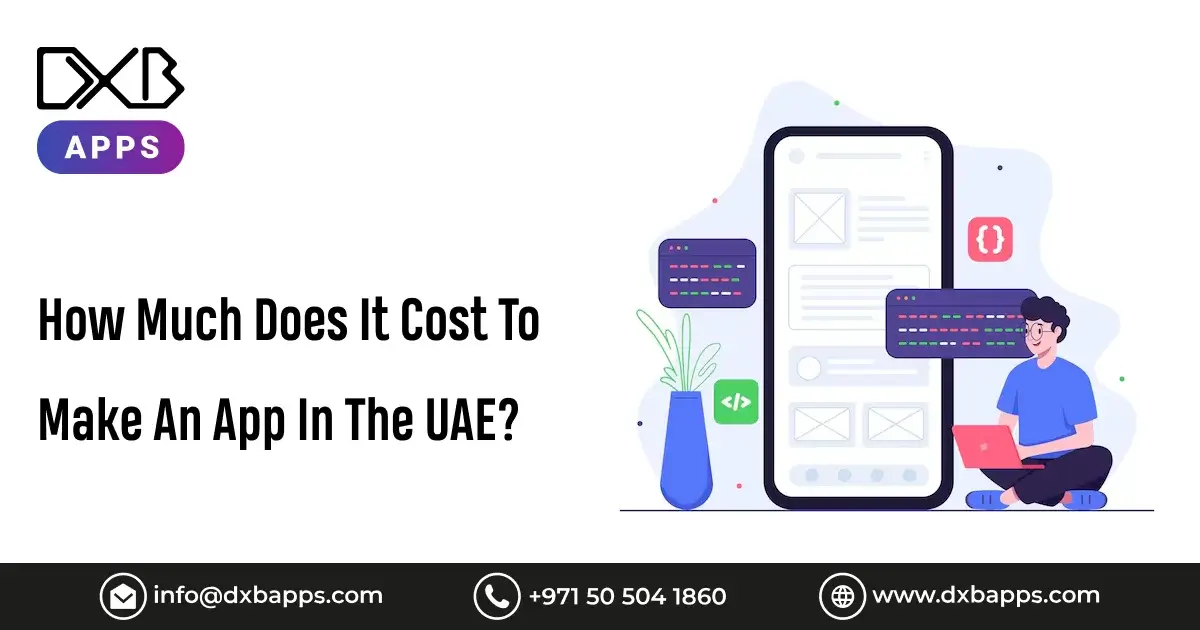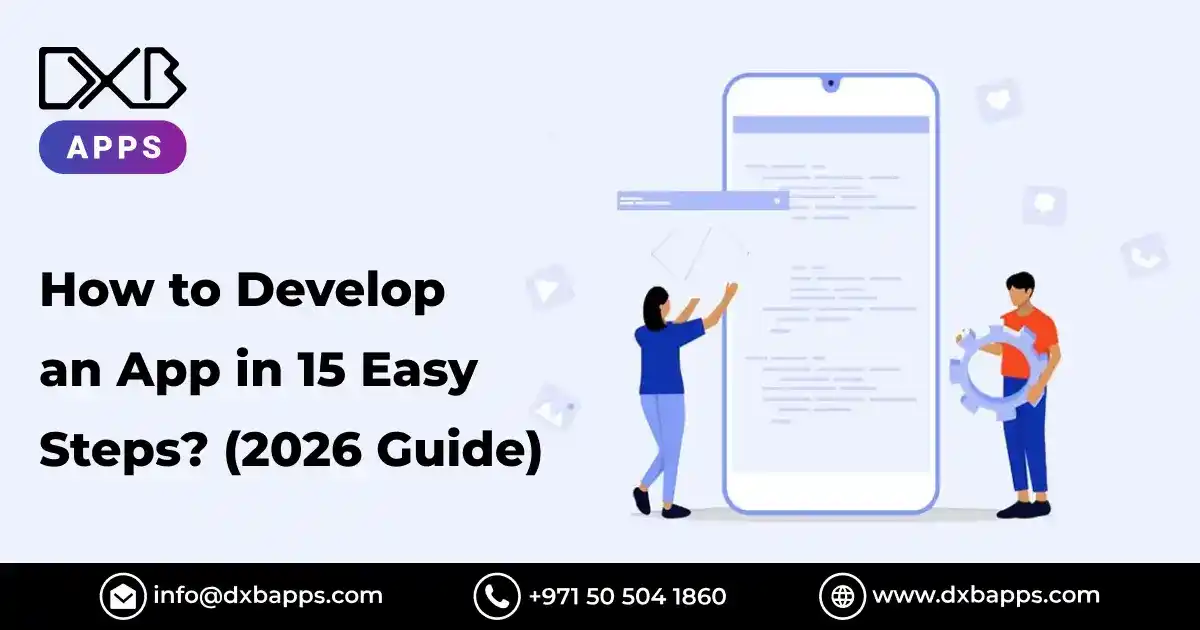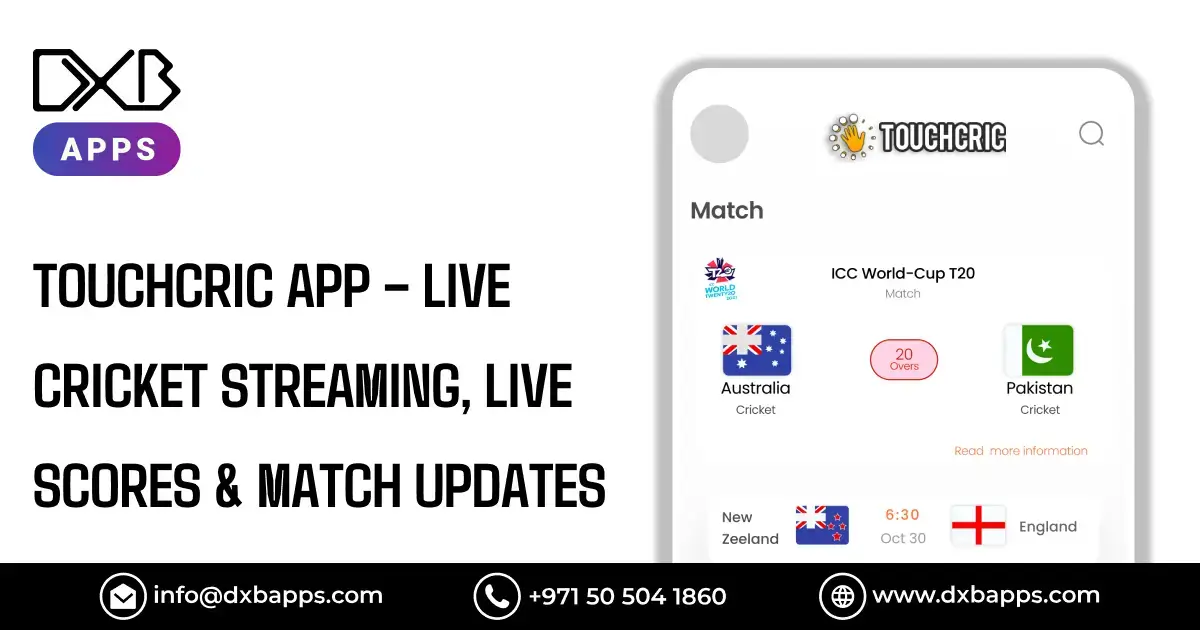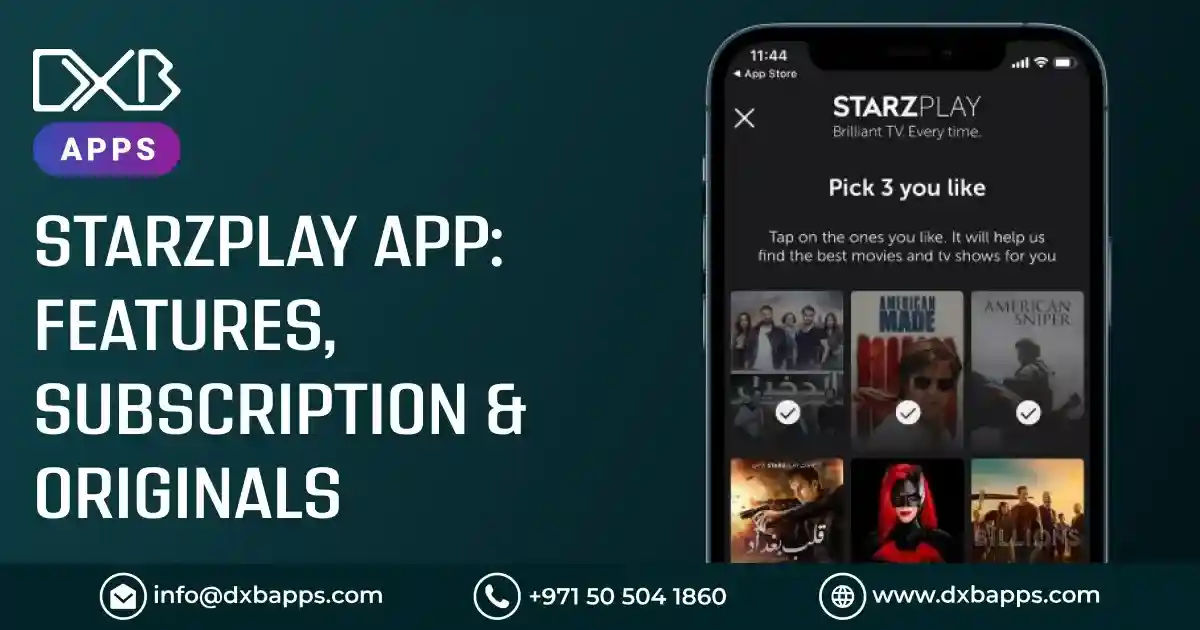The UAE has truly embraced digital transformation with the enactment of Federal Decree-Law No. 14/2023 on Trading. This unique regulation aims to both reorganize and regulate the e-commerce landscape, and foster a favorable environment for digital transactions. Join us as we learn more about the key provisions of this e-commerce law, and explore other regulations in UAE. Master the regulatory frameworks shaping ecommerce mobile app development.
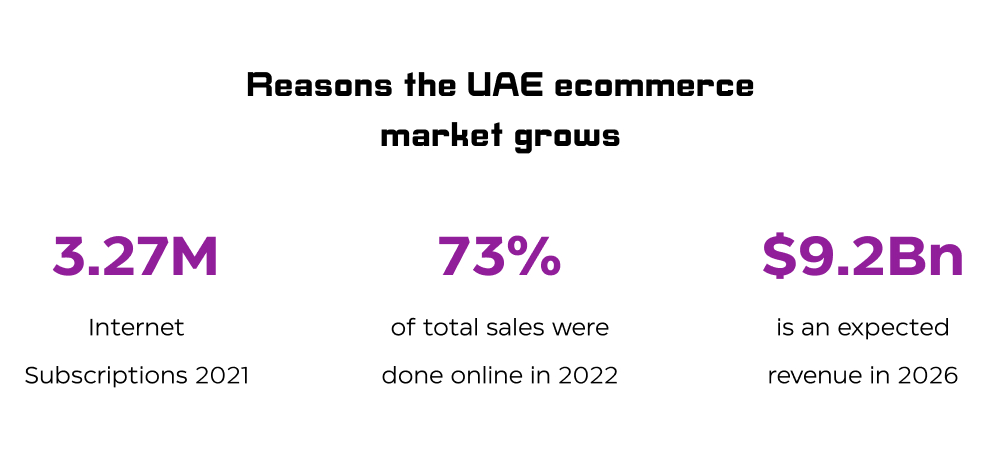
Regulatory Frameworks and their Impact
One of the more profoundly detailed regulatory frameworks is the Federal Decree-Law No. 14/2023. It holds a crucial position in shaping ecommerce app development Dubai. It places emphasis on a comprehensive set of definitions for key terms such as "Trading by Modern Technological Means" and "E-signature 1. These definitions entail sale and purchase of goods, services, and data through digital platforms. These might include websites and mobile application development, focused on e-commerce and social commerce.
Legislation for Online Transactions
The e-commerce law in app development UAE emphasizes the need for a legislative and regulatory environment promoting fair and secure e-commerce practices. It basically preserves consumer interests, ensures data protection, and establishes secure digital payment methods for ecommerce apps development Dubai. By doing so, it contributes to the holistic growth of the UAE’s digital economic world 1. Moreover, the law necessitates insurance coverage for digital sellers and entities involved in logistics and digital payments to manage risks. This helps combat potential risks like cyber threats.
Import and Taxation Laws
Ecom companies are urged to comply with regulations of the local customs and taxation. These are influential for successful mobile app development. Failure to compliance may result in hefty fines and penalties. This comprises VAT charges on the sale of goods and services at the applicable rate of five percent. And also requires registering for VAT if the annual turnover exceeds the given threshold value AED 375,000. It is imperative to comply with these regulations for continued operation of e-commerce businesses in the UAE.
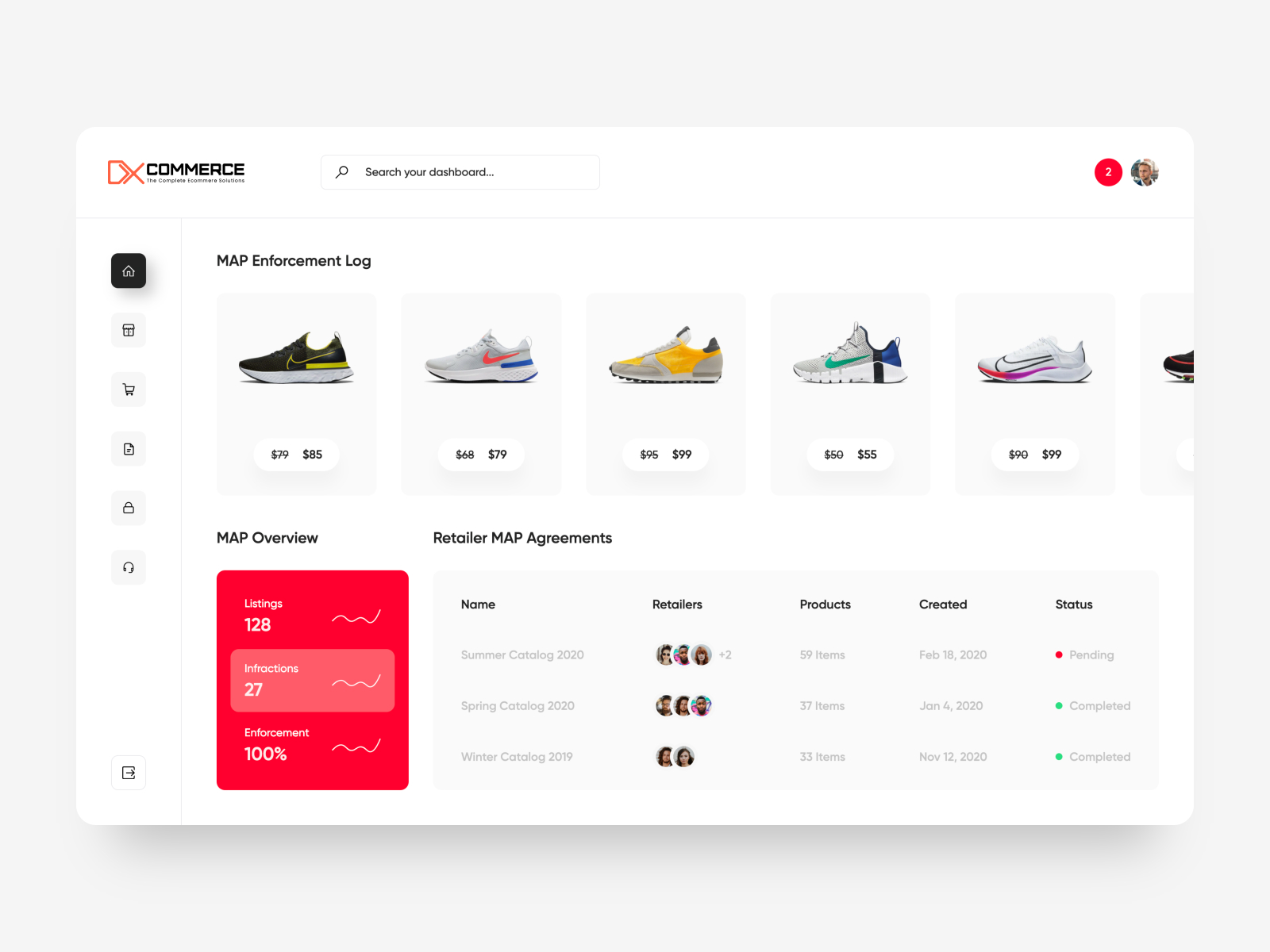
Regulated Payment Gateway Dynamics
The government is hellbent on inculcating a knowledge-driven economy and has also aimed for an open, and globally interconnected environment. The state, with the aid of the government, offers a 100% import tax exemption on exports and repatriation of 100% capital and profits. Besides, there are tax exemption privileges from corporate taxes for a fifty-years period, which can be renewed as well. The emerging role of various payment gateways like Telr and 2Checkout empower e-commerce app development Dubai with secure transactions.
E-commerce and Consumer Protection Legislation
Consumer protection laws in UAE also play a central role in safeguarding the individuals rights in electronic transactions. The Consumer Protection Legislation and the E-Commerce Law are 2 legal frameworks that comprehensively protect consumers in the digital realm. Here's a quick review of these consumer protection laws and the accompanied rights:
General Rights
The Executive Regulations of the Consumer Protection Law are set out by the Federal Law No. 15 on Consumer Protection. Additionally, the Cabinet Decision No. 66 of 2023 is also key in protecting consumers that use ecommerce mobile apps Dubai. Contrarily, the eCommerce Law, under the umbrella of Federal Decree Law No. 14, underscores the regulation of trading as discussed earlier.
Consumers' Rights
Under the umbrella of the Consumer Protection Legislation and the E-Commerce Law, consumers are bestowed with multiple rights, including:
-
Getting informed about their rights and obligations for using ecommerce mobile applications Abu Dhabi.
-
Obtaining products and service that aligns with advertised specifications in accordance with the published T&Cs of the ecommerce app.
-
Electronically purchasing products or services in a secure fashion.
-
The choice to agree or refuse participation in marketing campaigns for ecommerce applications development Dubai.
-
Rating sellers, their products and services, and the digital payments gateway attached to mobile applications development.
-
The right to Return/Exchange any items purchased electronically according to the E-Commerce Law provisions.
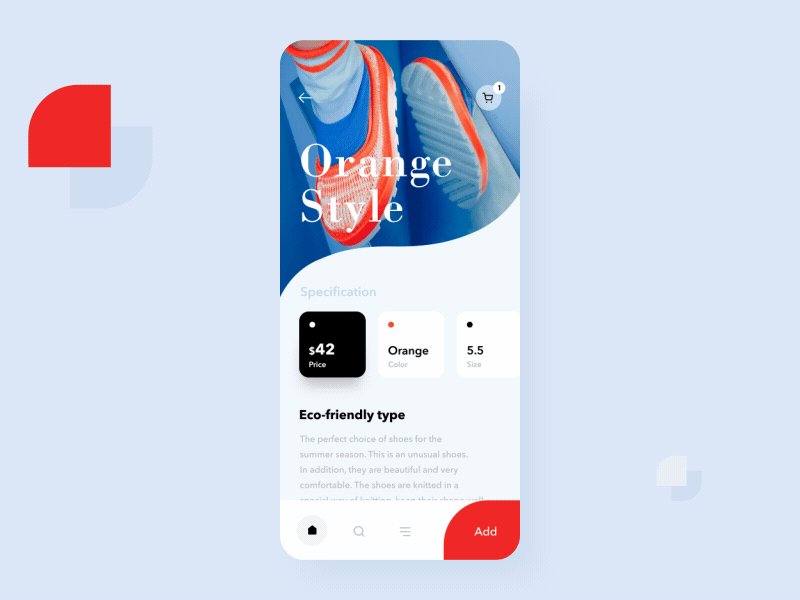
Obligations of eCommerce Sellers
Detailed seller obligations are outlined under the Consumer Protection Legislation and the E-Commerce Law. These also cover advertisers, and commercial agents associated with ecommerce applications development dubai. These include:
-
Advertise the items precisely and in a way that is not misleading for consumers.
-
State the complete and accurate prices of goods or services.
-
Provide a dated invoice to consumers reflecting the minimum information required under the Consumer Protection Legislation and the E-Commerce Law.
-
Offer a warranty period for certain goods or services sold in line with the Consumer Protection Legislation.
-
Address and manage any defects or malfunctions of the products/services sold..
-
Extend after sales service depending on the type of the goods/services purchased via ecommerce apps.
Prohibitions and Requirements
The UAE legislative landscape imposes specific requirements and prohibitions on sellers involved in ecommerce app design UAE. Such as restrictions on monopolistic practices and unfair contractual terms among others.
Unfair Contractual Terms
Under this legislation, ecommerce companies are prohibited from including unfair terms in contracts. These include the rights to unilaterally terminate a contract without compensation. It prohibits sellers from withholding the consumer’s right to compensation or waivers of any rights granted under the applicable laws.
Monopoly:
Ecommerce sellers are prohibited from indulging in retail practices that are monopolistic in nature. For instance, controlling or monopolizing prices are prohibited. Additionally, app developers in UAE must note that compelling consumers to purchase certain quantities of goods is prohibited.
Data Privacy:
Mobile application development in Dubai must emphasize that sellers are obligated to protect the privacy and security of consumers’ data. And as such, they must refrain from using this data for promotional purposes.
Ensure Your App is Compliant with DXB APPS
With over a decade of track record for building compliant ecommerce apps, DXB APPS never disappoints. We have onboarded industry experts and enthusiasts equipped with the knowledge of relevant laws. Our team of app developers in UAE value regulatory compliance for each of our clients. Which is one of the key reasons behind our long-running success in the industry.
By providing a thorough summary of the consumers' rights, sellers' obligations, and specific requirements, we help your business grow. With our masterful expertise by your side, your ecommerce app will never raise any eyebrows of regulatory bodies.
Conclusion
In the UAE, regulatory frameworks and government regulations have a substantial impact on ecommerce app development Dubai. By comprehending and aligning apps with these regulatory frameworks, ecommerce firms can build a concrete foundation for e-commerce apps. Resultantly, they can foster trust and reliability among consumers.

